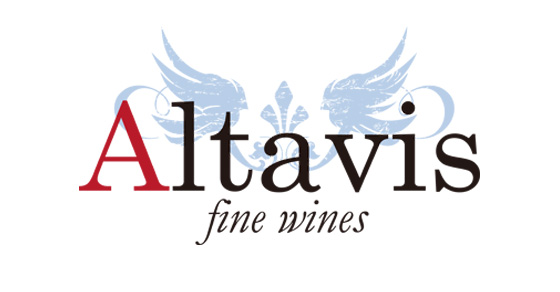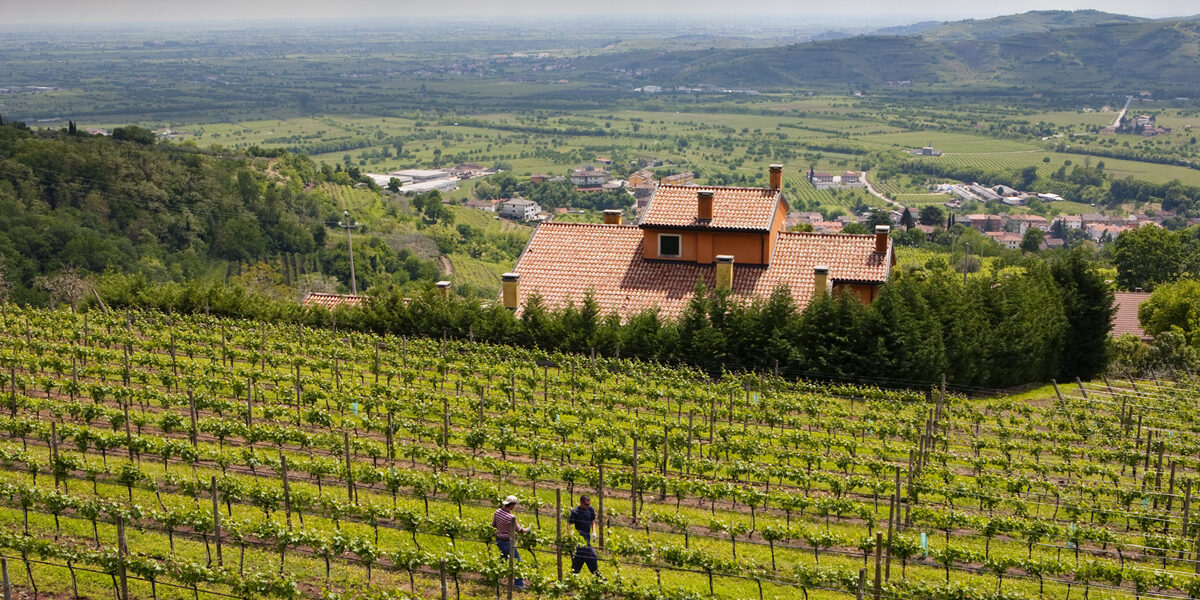The origins
In Italian, the surname “Fattori” places historically the Fattori family as people who worked for a local landowner. The winery history was first documented at the beginning of last century when Antonio, the grandfather of the current winemaker, began to plant vines in the hills surrounding the village of Terrossa in Veneto. He was tireless and headstrong man who didn’t lose faith when on return from the First World War, he found his vines destroyed by phyloxera. He was the one who decided to start the production of wines, in particular sweet ones, filtered using old Dutch filters. He was transporting them in barrels and horse drawn carts to sell his wines in Verona’s and Vicenza’s bars, where it quickly grow notoriety for fine but affordable wines.
Following Antonio, came his son and then his grandson, another “Antonio”. Antonio Fattori (grandson of the founder) has been running the winery since 1970.
He was the first from the Veneto farming family who had the possibility to study winemaking and obviously, it was already planned when he was born, that he would become a winemaker. He immediately had the desire to create, to experiment and to bring modern scientific methods to the estate, but also to be loyal to the most authentic and original traditions.
He imagined creating more attractive wines, with more refinement and vibrancy, in a search for both elegant aromas and body. The results are the fruits of a journey which gave him the possibility to visit places, to meet people and to experiment with techniques, instruments and methods. He bought new vineyards, invested in new winemaking techniques like stainless steel vats, implemented modern winemaking such as fermentation at even lower temperatures to search the limits.
The Vineyards
Located in Terrossa di Roncà, a village in the heart of Soave area at the start of the Alpone Valley, Fattori was traditionally producing essentially Garganega, Pinot Grigio and Sauvignon Bianco. Its 30 hectares of excellent vineyards, south-east facing on the foothills of the Alps, have an average age of about 15 years and are all planted in “Guyot” and “Cordone Speronato”.
Nowadays the vineyards are located between 150 to 450m of altitude. At this height, the difference in temperature between day and night create a climate very similar to the famous vineyards of South Tirol and Friuli, bringing balance and freshness to the wines. Vineyards are planted and differentiated per grape variety and per altitude in order to have always the best expression and the best ripeness.
The vineyards are planted in soil of volcanic origin with a mix of red clay (Terrossa, or red hearth, was named after it) and stony soil. The clay part helps maintaining the humidity even in the summer months when it seldom rains, guaranteeing a good vigor within the vines throughout the growing season.
The density of the vines approach on average 5000 vines per hectare, with controlled yields under 8 tons of grapes per hectare.
The Valpolicella Vineyards
In 2007, the Fattori family bought 30 ha (15 of which as vineyards) in the Valpolicella DOC area in the Commune of Montecchia di Crosara on the east side of the Valpolicella Classica area.
They decided to keep and maintain unchanged a small part of the vineyard and, meanwhile removed the old vines and planted new ones in nearly all the property. Corvina, Corvinone and Rondinella are the main grape varieties they planted.
The Cellar
The cellar is modern and rational. All the vats are in stainless steel. The grapes are destalked with modern machinery at low speeds then gently pressed using pneumatic presses. The must is chilled and decanted using special stainless steel vats. The fermentation process occurs in temperature controlled stainless steel vats. The refrigeration available at our farm is extremely generous allowing them to maintain a temperature of 12°C during the fermentation and 14°C after.
Large oak casks of 20 hectoliters and barriques used for the fermentation of Soave Motto Piane and Recioto di Soave DOCG.
The use of new vinification methods allow Fattori to eliminate, almost totally, the use of chemicals, bringing a sustainable approach to its winemaking.




